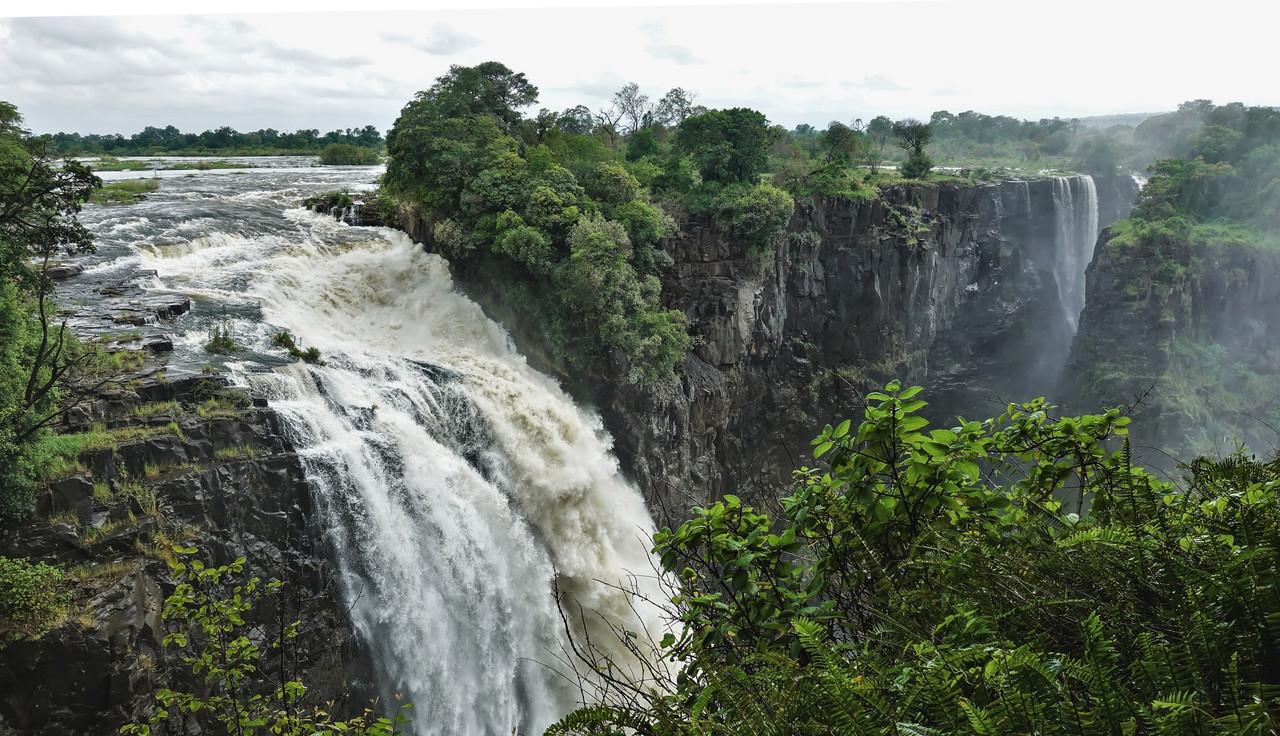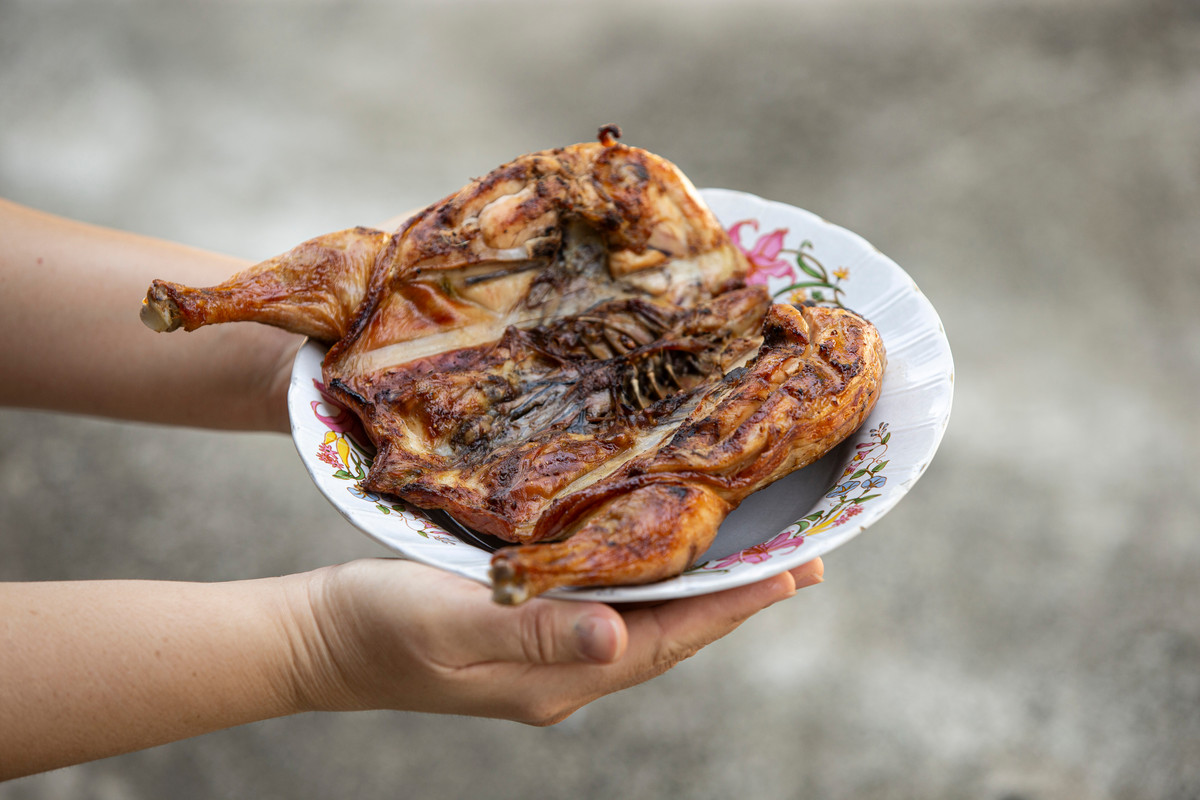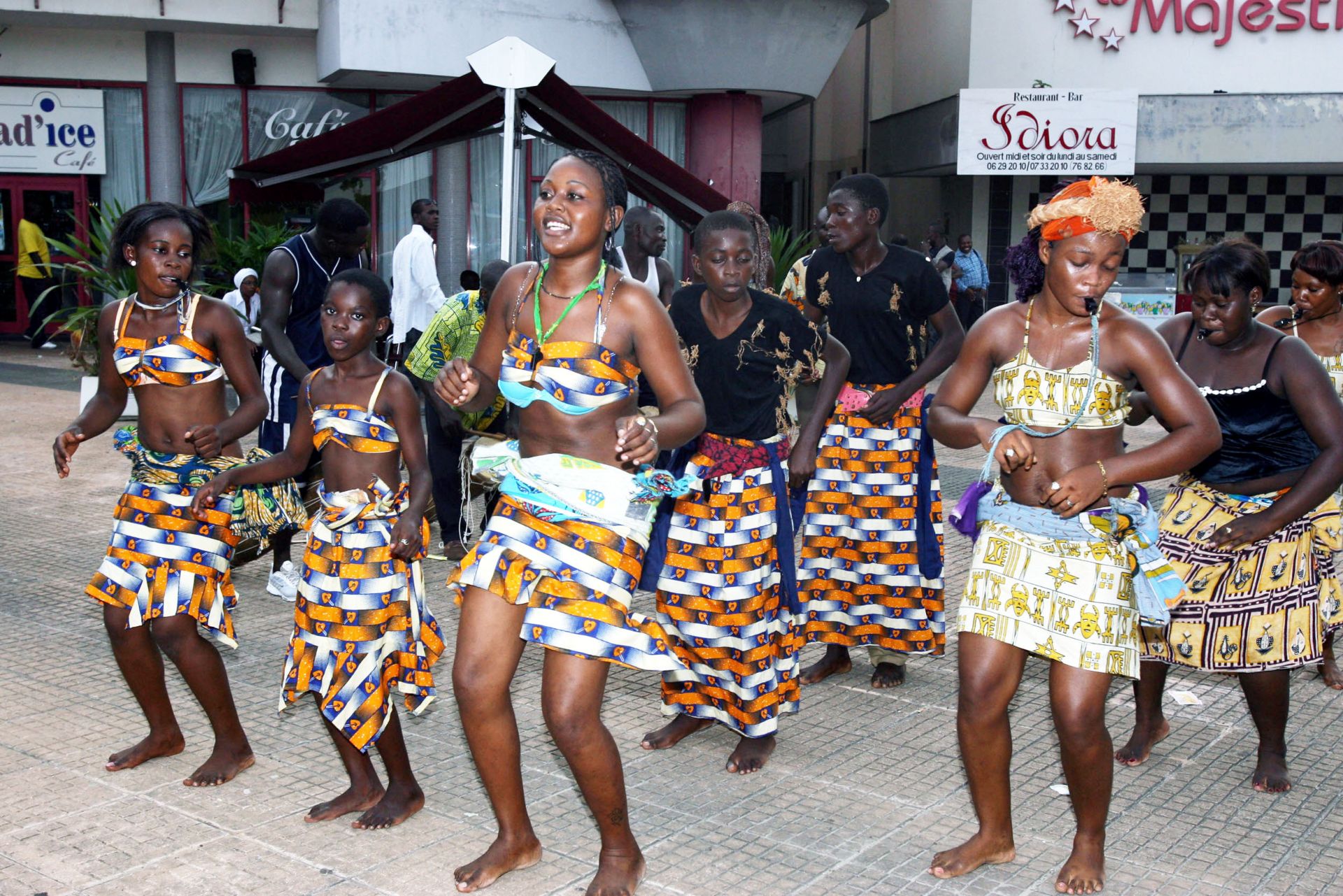If you’re planning to visit Gabon, one of Central Africa’s most beautiful countries, understanding the visa process is essential. Fortunately, Gabon has made it easier for international visitors to get their travel documents by introducing an eVisa system. This guide will walk you through the requirements for the Gabon eVisa, how to apply, and share some useful travel tips to help you make the most of your trip.
Do You Need a Gabon eVisa?
Whether you need a Gabon eVisa depends largely on your nationality. Gabon has a visa exemption for some countries, especially those within the Economic Community of Central African States (ECCAS). However, most travelers from outside this region will need to apply for an eVisa before entering Gabon.
It is always best to double-check the latest visa policy with the Gabonese embassy or official government website. If you do require a visa, the good news is that you can apply online, which makes the process much quicker and more convenient than traditional visa methods.
Types of Tourist eVisas Available for Gabon
The Tourist eVisa for Gabon allows travelers to explore Gabon’s stunning landscapes, wildlife, and cultural heritage easily. Apply online in advance for a smooth entry and unforgettable experience.
- Single-entry Tourist eVisa: The Single-entry Tourist eVisa is designed for short-term visits, allowing you to stay in Gabon for up to 30 days. This visa is valid for 90 days from the date of issuance, giving you flexibility in planning your trip.
- Multiple-entry Tourist eVisa: The Multiple-entry Tourist eVisa is designed for individuals who plan to visit Gabon multiple times within a year. This visa allows for multiple entries and is valid for 6 months from the date of issuance. Each stay can be up to 30 days.
Both options give you access to Gabon’s natural parks, cultural sites, and urban attractions.
How to Apply for a Gabon eVisa: A Step-by-Step Guide
Applying for a Gabon eVisa is a fairly simple process if you follow these steps:
- Complete the Goban eVisa Application Form – You will be asked to provide your personal information, passport details, travel dates, and purpose of visit.

- Upload required documents. Typically, you will need a clear scan of your passport’s photo page and a recent passport photo. Some travelers may also be asked to provide a flight itinerary.
- Pay the visa fee online. The website accepts several payment options, including credit cards.
- Wait for processing. It usually takes between 3 working days to receive your eVisa approval.
- Download and print your eVisa. Once approved, you will get an email with your eVisa document. It is important to carry a printed copy or a digital version when traveling.
It is advisable to apply at least two weeks before your planned departure to account for any unexpected delays.
Travel Tips for Visiting Gabon
Once your visa is secured, these tips will help you enjoy your time in Gabon:
- Currency and Payments: The local currency is the Central African CFA franc (XAF). While major cities like Libreville have ATMs and accept cards, cash is often necessary in rural areas.
- Language: French is Gabon’s official language. Learning a few basic French phrases can be very helpful since English is not widely spoken.
- Health Precautions: Vaccination against yellow fever is mandatory, and malaria is present in many parts of Gabon. Consult a healthcare provider about necessary vaccines and antimalarial medication before traveling.
- Getting Around: Public transportation options are limited outside Libreville. Renting a car or hiring a local guide is recommended for visiting national parks and remote regions.
Exploring Gabon: Nature, Food, and Culture
Famous Places in Gabon
One of the most remarkable places to visit in Gabon is Loango National Park. This park is often called the “land of surfing hippos” because of the rare chance to see hippos entering the ocean waves. Visitors can also spot elephants, buffalos, and dolphins along the pristine coastline. It is a fantastic destination for anyone who loves wildlife and nature adventures.
Libreville, the capital city, offers a mix of modern life and traditional culture. Here, you can visit the National Museum of Arts and Traditions to learn about Gabonese history and see beautiful artifacts. The city also has the St. Michael’s Cathedral, an impressive church built during the colonial period.
Ivindo National Park is another natural wonder with breathtaking waterfalls such as the famous Lope Falls. The park contains the Langoué Baï, which is a large clearing in the forest where many animals gather. This park is a hotspot for biodiversity and offers unforgettable experiences for visitors.

Near Libreville is Pongara National Park, known for its mangrove forests, peaceful beaches, and a rich variety of bird species. It provides a calm and scenic retreat for bird watchers and nature lovers who want to explore close to the city.
Fernan Vaz Lagoon is a peaceful area where visitors can see traditional Fang villages and possibly spot manatees. It is also a popular place for fishing and enjoying calm waters.
Food in Gabon
The food in Gabon reflects the country’s cultural richness and natural resources. A well-known dish is Nyembwe Chicken. This meal features chicken cooked in a sauce made from palm nuts, which gives it a unique and delicious flavor. It is usually served with rice or plantains.

Cassava and plantains are staple foods eaten in many ways. Cassava can be boiled, fried, or turned into fufu, a dough-like dish eaten with various sauces. Plantains are often fried or boiled and make a perfect side dish.
Saka-Saka, a popular stew made from cassava leaves, is prepared with palm oil, peanuts, and sometimes fish or meat. This dish is flavorful and commonly enjoyed by locals.
Being on the Atlantic coast, Gabon has plenty of seafood such as fish, crab, and shrimp. These are often grilled or cooked with spicy sauces.
Brochettes, or grilled meat and fish skewers, are also favorites and can be found as street food or served during gatherings.
Culture in Gabon
Gabon is home to more than forty ethnic groups. The Fang are the largest group, but there are many others such as the Punu, Nzebi, and Myene. While French is the official language, many indigenous languages are still spoken across the country.
Music and dance are essential parts of Gabonese culture. They are especially important during ceremonies and celebrations. The Bwiti religion, mainly practiced by the Fang people, involves music and dance using the iboga plant in spiritual ceremonies.
Gabon is known for its rich tradition in art, especially wood carving. Masks and statues play an important role in ceremonies and storytelling, particularly among the Fang people.

Traditional festivals are colorful events that celebrate ancestors, harvests, and important life moments. The Festival of Masks is a well-known event that highlights Gabonese heritage through music and dance.
In terms of religion, Christianity is widespread, but many Gabonese also practice traditional beliefs such as Bwiti, which blends spiritual and animist traditions.
Frequently Asked Questions About the Gabon eVisa
How long can I stay with a Gabon eVisa?
Most tourist eVisas allow stays of up to 90 days.
Can I extend my eVisa while in Gabon?
Extensions may be possible but require applying through the local immigration office. It’s best to plan accordingly and verify current rules before traveling.
What happens if my application is denied?
You will receive a reason for the refusal. You may reapply or seek assistance from the Gabonese embassy.
Do children need an eVisa to enter Gabon?
Yes. All travelers, regardless of age, must have an eVisa.
Final Words
The Gabon eVisa system makes traveling to this beautiful African nation easier than ever. By preparing ahead and understanding the requirements, you can focus on what truly matters—exploring Gabon’s incredible wildlife, vibrant culture, and delicious cuisine. Start your application early, plan your trip well, and get ready for an adventure you won’t forget.

